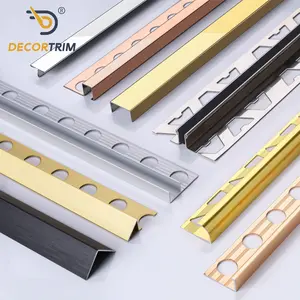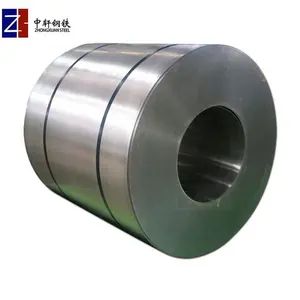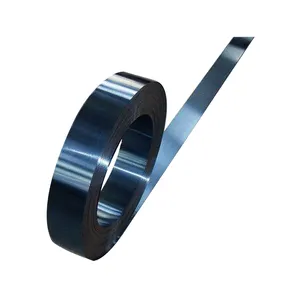Metal Strips: Versatile Components for Various Applications
Metal strips are fundamental components in numerous industrial and commercial applications. These thin, long pieces of metal are manufactured in various materials, including aluminium strip, stainless steel strip, and brass strips, each offering distinct properties to suit specific needs. This introduction delves into the types, applications, features, and materials of metal strips, providing a comprehensive understanding of their versatility and functionality.
Types and Applications of Metal Strips
The variety of metal strips available is vast, with each type serving a unique purpose. Steel strip is commonly used in the construction of automotive components due to its strength and durability, while aluminium strip is favored for its lightweight and corrosion-resistant qualities, making it ideal for aerospace and packaging industries. Brass metal strips are often found in decorative applications and electrical components because of their conductivity and aesthetic appeal. Bi metal strip components, such as those used in bimetal strip thermostats, are crucial in safety devices due to their ability to respond to temperature changes.
Features and Advantages of Metal Strips
Metal strips come with a range of features that enhance their applicability. For instance, metal strip with holes provides ease of installation in various settings, including construction and manufacturing. The durability of stainless steel metal strips makes them a reliable choice for environments that require resistance to heat and corrosion. The adaptability of these strips is further exemplified by metal transition strips, which offer a seamless connection between different flooring materials, ensuring both functionality and aesthetic continuity.
Materials and Quality Considerations
When selecting a metal strip, the material composition is a critical factor. Stainless steel tile trim is a testament to the importance of choosing the right material for the right environment, providing a clean and durable edge in tiling projects. Similarly, brass tile trim not only adds a touch of elegance but also withstands the test of time with its robustness. In coastal areas, zinc strips for roof are often implemented to prevent moss and algae growth, showcasing the material's protective properties.
Design and Installation Flexibility
Design flexibility is another significant advantage of metal strips. Products like tile metal edge trim and tile edge metal trim are designed to provide a finished look while also protecting the edges of tiles from chipping. The installation of these trims is straightforward, requiring no specialized tools, which makes them a popular choice among contractors and DIY enthusiasts alike. For those seeking a modern finish, aluminum tile trim and aluminium tile trim offer a sleek, contemporary aesthetic along with easy maintenance.
Conclusion
In conclusion, metal strips are indispensable in various sectors due to their versatility and the extensive range of types and materials available. While this overview has highlighted several applications and features of metal strips, it is essential to consider the specific requirements of your project to select the most suitable type. Alibaba.com serves as a gateway to a wide array of suppliers, ensuring that you find the appropriate metal strips for your business needs.










































 浙公网安备 33010002000092号
浙公网安备 33010002000092号 浙B2-20120091-4
浙B2-20120091-4